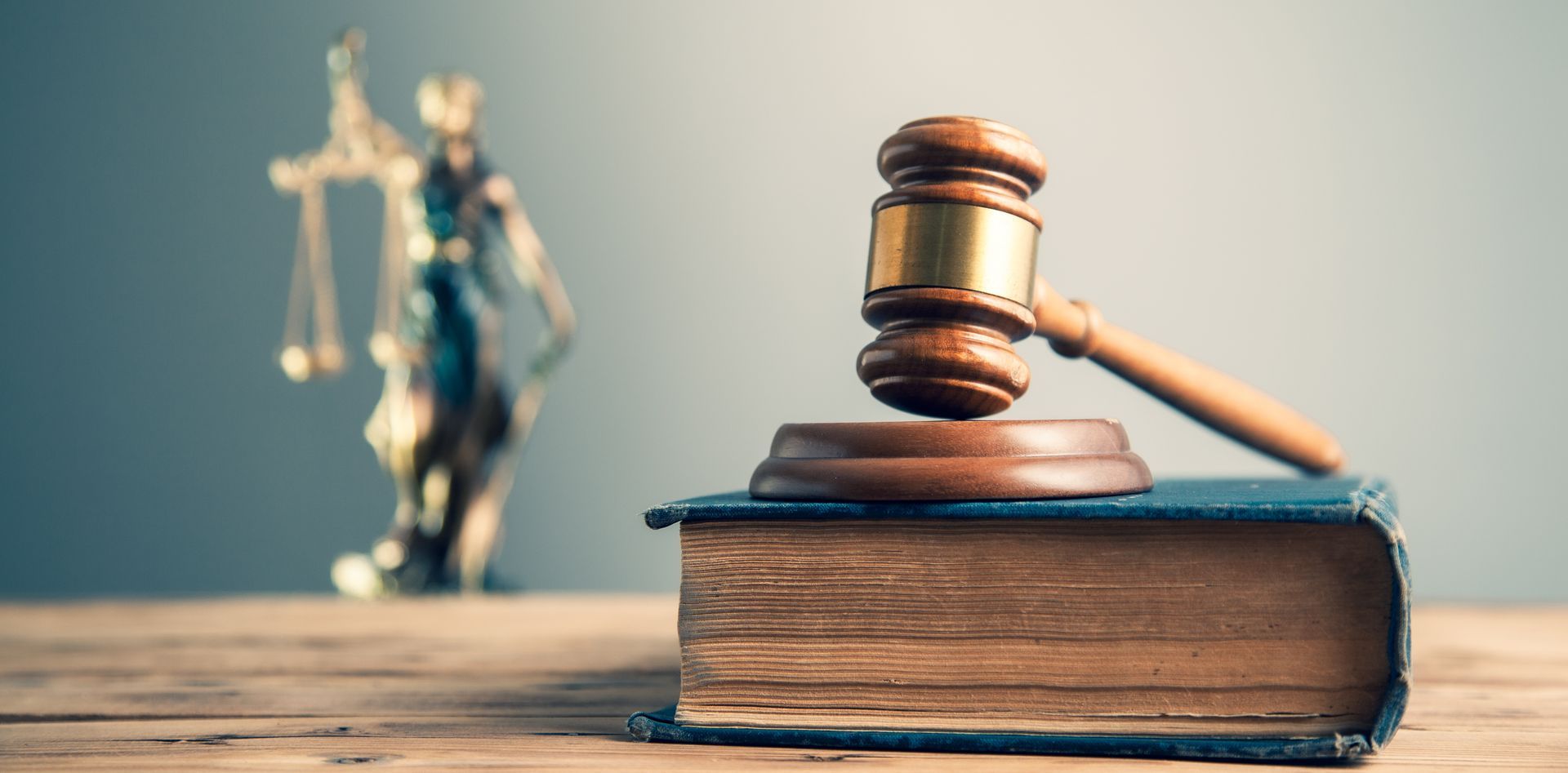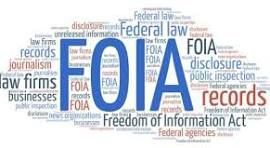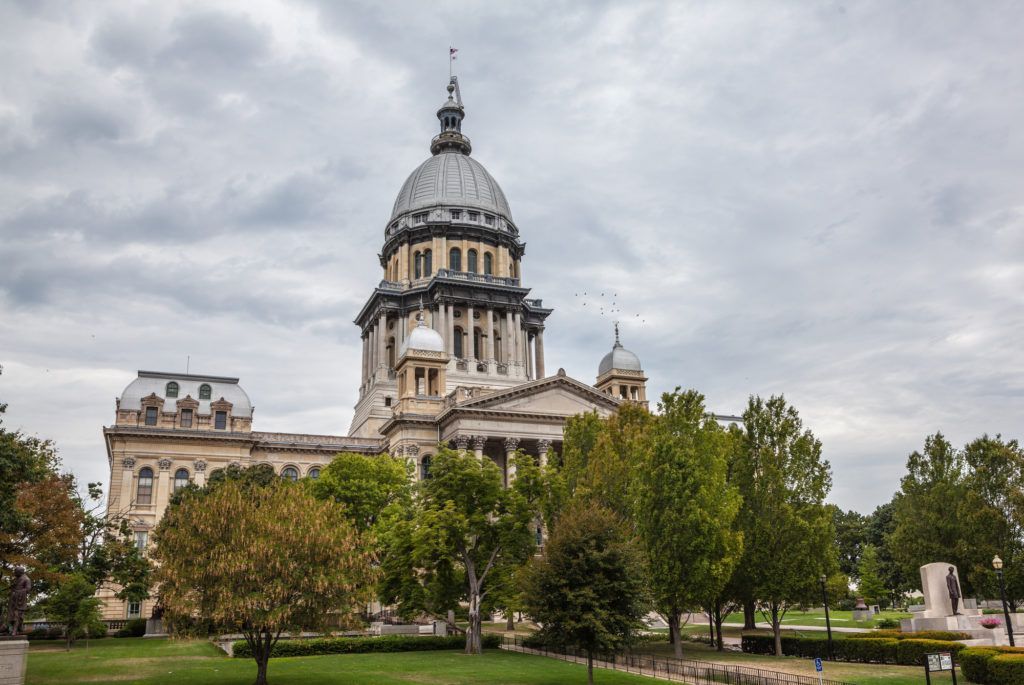
Current Developments Regarding Recently Proposed Illinois TIF Legislation
Tax Increment Financing Updates

Introduction
Tax Increment Financing (TIF) is a system for municipalities to stimulate economic development in specific geographic areas that are blighted and deteriorating. To accomplish this, local taxing bodies create a TIF district, a redevelopment project area, whereby the Equalized Assessed Value (EAV) of the property in the area is set at a base amount. Property taxes collected within the TIF district at the time the TIF is established continue in the same type of distribution in the same manner as if the district did not exist. Property taxes generated by the increase in the EAV of the district are then available for use in the TIF district.
Illinois SB1391
On February 6, 2023, Illinois State Senator Ann Gillespie first introduced SB1391. It seeks to amend the Tax Increment Allocation Redevelopment Act (TIARA) by modifying a number of factors used by a municipality to determine if an area is a blighted or a conservation area to be included in the redevelopment project area when establishing the region. The redevelopment plan establishes a process for allocating funds from the special tax allocation fund for redevelopment project costs that shall include the members of the joint review board.
The amendment proposes that a municipality may not approve redevelopment project areas that overlap with an existing redevelopment project area unless the municipality receives a report from the joint review board created under subsection (b) of Section 11-74.4-5 approving the creation of the new redevelopment project area. In addition, the amendment provides that any pledge of funds in the special tax allocation funds of such ending balance that has not been identified for use in the next 5 fiscal years or is not identified as being required, pledged, or otherwise designated for payment of or securing of obligations or anticipated redevelopment projects costs over the next 5 fiscal years shall be designated “surplus” funds.
The most recent change provides that the joint review board would convene and issue a written report describing its decision whether to extend the completion date of the redevelopment project area. Each member of the joint review board must agree with written support, to the extension and length of the extension of the completion date of the redevelopment project area for the redevelopment project to be extended. The municipality must give at least 90 days' written notice to the taxing bodies before the adoption of the ordinance approving the extension of the completion date. If the joint review board does not file a report, it is presumed that the taxing bodies approve the extension of the life of the redevelopment project area. As of March 27, 2023, SB1391 is under review at Senate Committee Amendment No. 2 and Referred to Assignments. You can read the full text and status of SB1391, found here.
Illinois HB1115
HB1115 filed by Representative Lance Yednock on January 9, 2023, amends TIARA for redevelopment project areas designated after November 1, 1999, in municipalities with less than 1,000,000 population. It also amends the formula for elementary, secondary, or unit school district's increased costs attributable to assisted housing units located within the redevelopment project area through an agreement with the municipality or because the municipality incurs the cost of necessary infrastructure improvements within the boundaries of the assisted housing sites necessary for the completion of that housing.
HB1115 proposes to adjust the per capita reimbursement calculation by increasing the “not to exceed” percentage amounts as follows: i) for unit school districts, it increases to no more than 40% as oppose to the current 25%; (ii) for elementary school districts, it increases to no more than 27% as oppose to the current 17%; and (iii) for secondary school districts, it increases to no more than 13% as oppose to the current 8%. In addition, HB1115 removes differences in formulation for alternate method districts, flat grant districts, and foundation districts.
For school districts in a municipality with a population in excess of 1,000,000, HB1115 extends the last date upon which a school district may submit a claim for reimbursement to the municipality to October 31 of each year, rather than September 30, and provides that municipalities must reimburse school districts that have met specified criteria no later than January 31 of the school year in which the claim is made. As of March 10, 2023, HB1115 has been Re-referred to Rules Committee and is still under review. You can read the full text and status of HB1115, found here.
Illinois HB3312
Introduced by Representative Jeff Keicher on February 17, 2023, HB3312 seeks to amend TIARA in order to prohibit the extension of a redevelopment project and the retirement of its obligations to a date that is beyond the 35th calendar year after the year in which the ordinance approving the redevelopment project areas was adopted. As of March 10, 2023, HB3312 has been Re-referred to the Rule Committee and is still under Review. You can read the full text and status of HB3312, found here.

CONTACT US TODAY
Contact Us
We will get back to you as soon as possible.
Please try again later.
LOCATION
570 Lake Cook Road, Unit 119
Deerfield, IL 60015
Shapiro & Associates Law | All Rights Reserved |
Created by Olive + Ash.
Managed by Olive Street Design.








